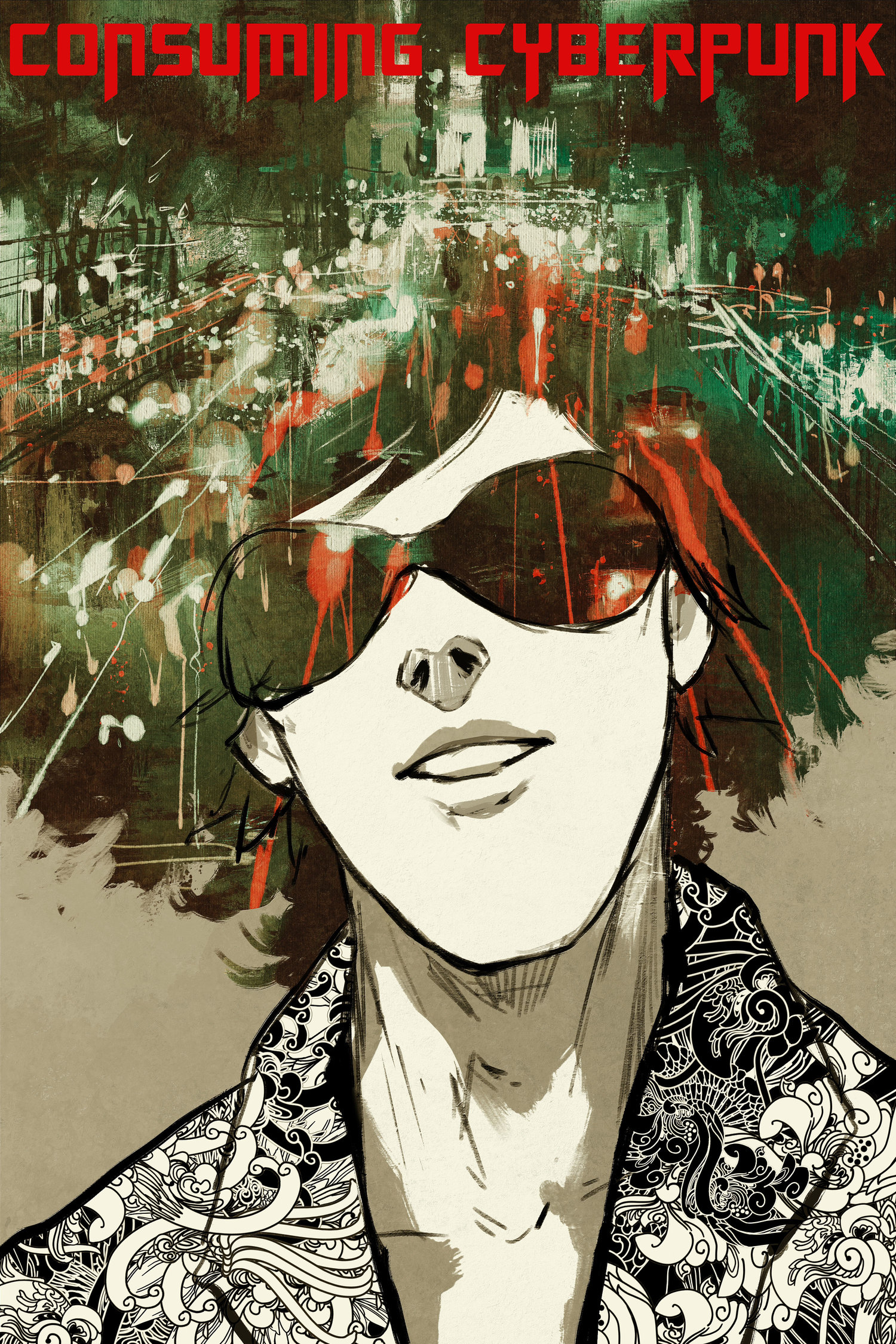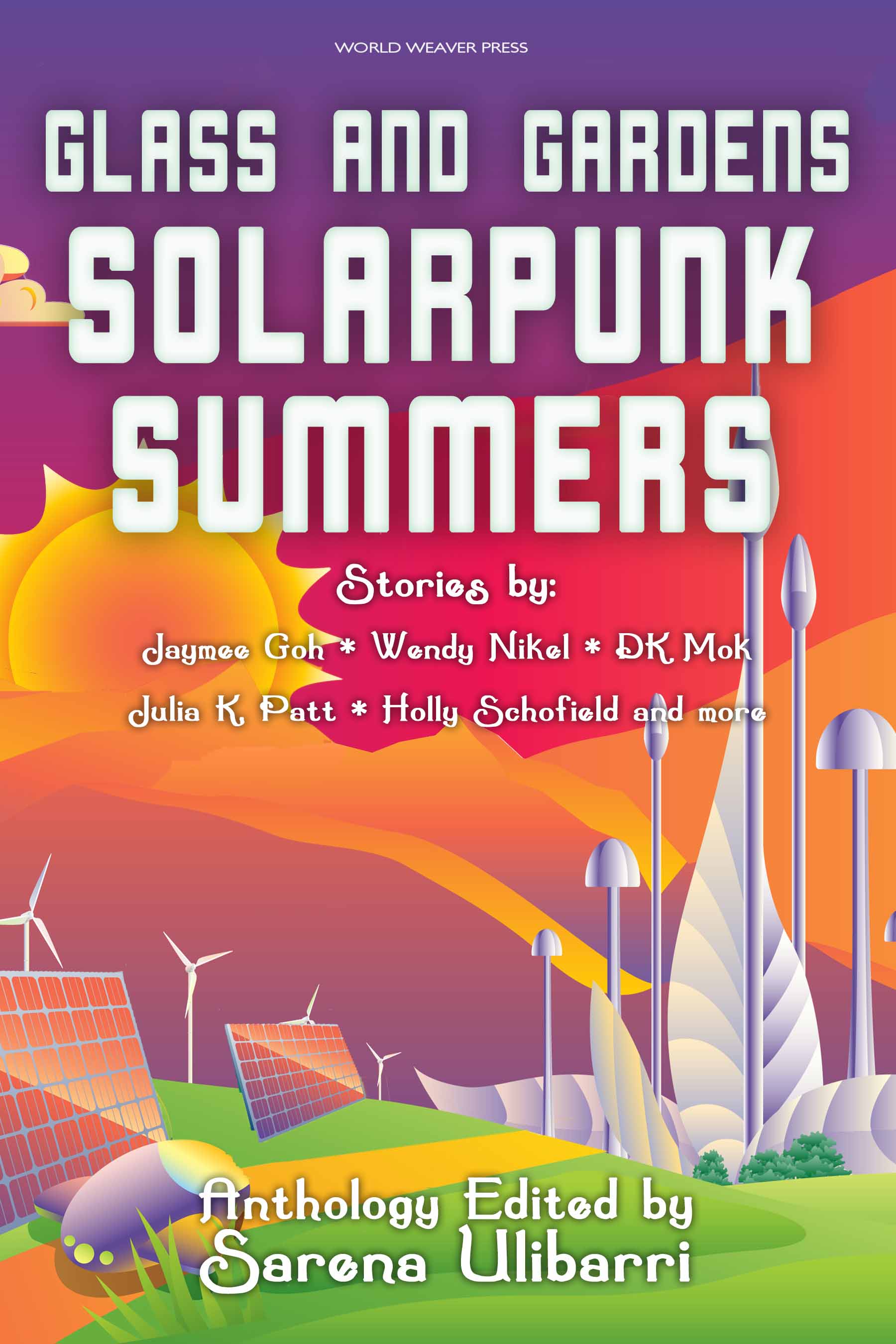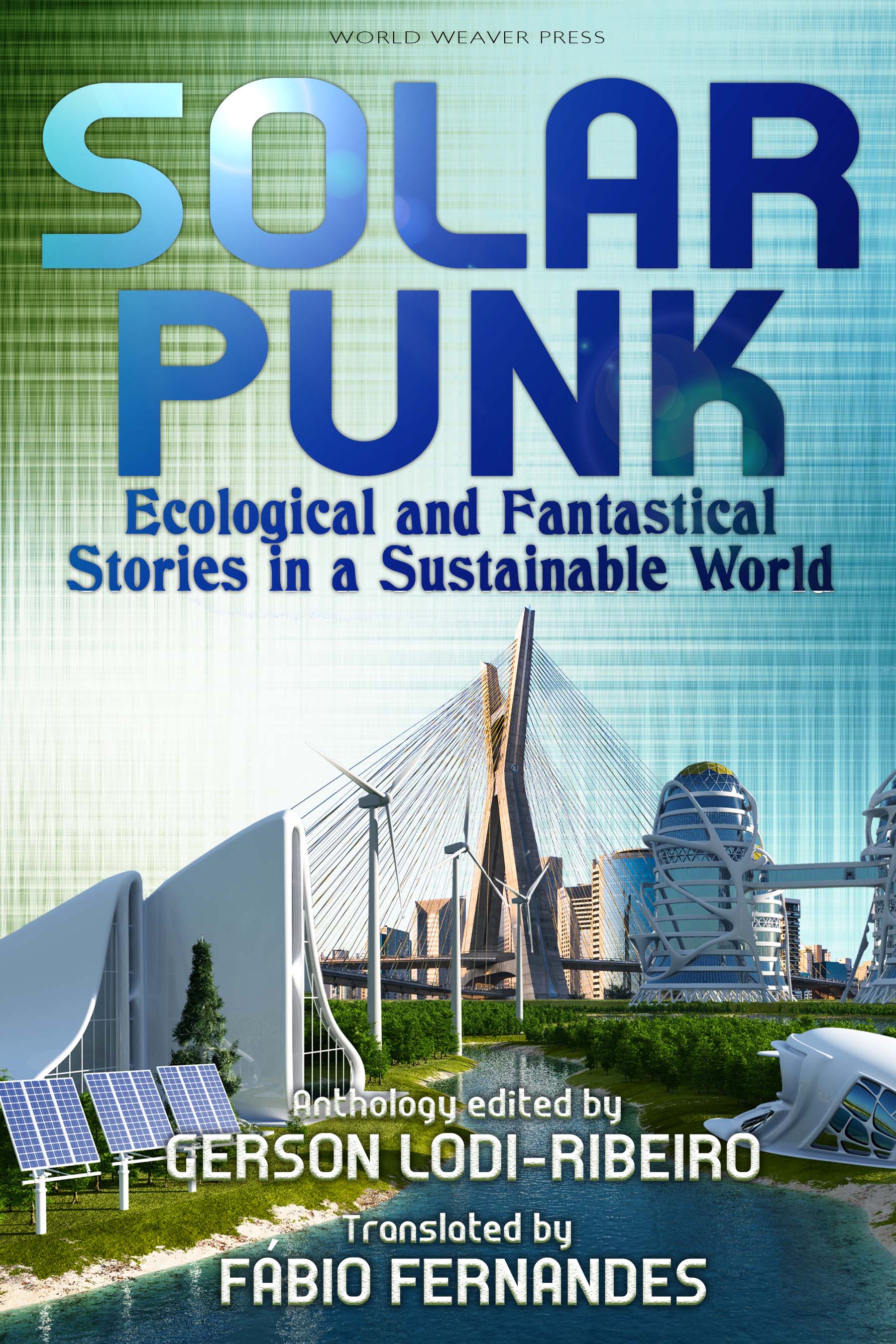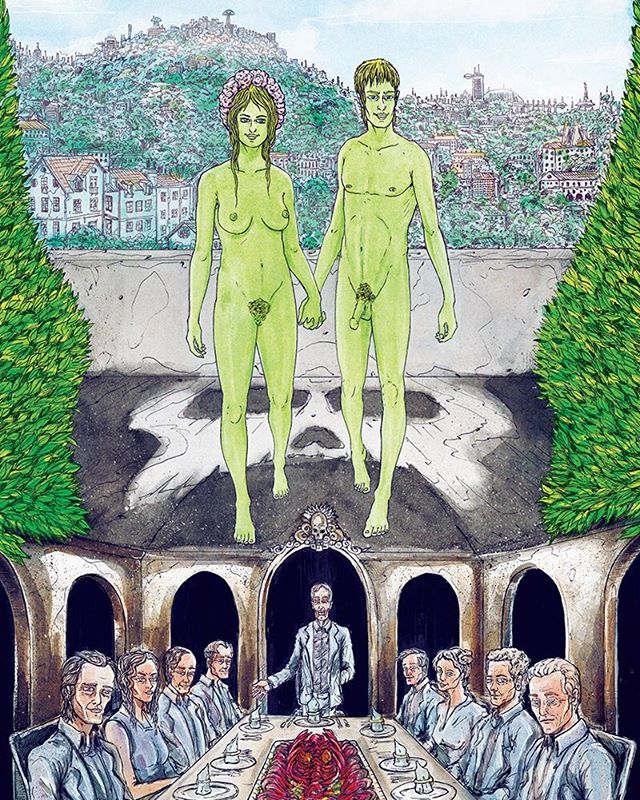Exploring Solarpunk In Glass And Gardens
The exciting thing about solarpunk is, as the forward talks about in Glass and Gardens, uncharted territory. Rather than proclaim what it is with a tightly curated collection of fiction focused on a specific notion, the anthology instead chooses to give a voice to a wide range of people; asking what solarpunk is to them and encouraging the reader to consume and talk about the genre the themselves. Through critical thought, as well as a wide range of public opinions informing the discourse via reviews, their hope seems to be to arrive at a definition not solely derived from academics.
Some of these stories may be better classified as eco-fiction or climate fiction. But this idea of handing it over to everyone to define is a romantic notion that has a lot of traction with me, personally. I often wonder what cyberpunk would have been like if the Internet was a little bit more accessible then. Would more people of color and marginalized people contribute to the first wave of cyberpunk and drastically alter the landscape of those formative years? I think so. After all. They did arrive; just after it was proclaimed dead.
This anthology seemed very diverse with a wide range of stories. Some of which I liked, others I didn't; kind of to be expected in any short fiction anthology. Often I'm attracted to cyberpunk because of the frenetic pacing inherent in much of the fiction. There is some meandering in these stories and sometimes I struggled to ask myself where the "punk" was.
In keeping with the objective of the forward, however, I think this anthology successfully probes science fiction stories that might be solarpunk in order to find the core of solarpunk. Even with stories that weren't for me, I still appreciated the larger framework of questions being posed to the reader. In the end, this probably hinders the book as an overall text but it is admirable that they stick to their guns, so to speak.
For me, just as with cyberpunk, the punk aspect is important. I want some form of resistance, some kind of dissent or critical thought against authority and systems in place; stratification of class, that kind of stuff.
The solar part, in my mind, is up for grabs, though. What does that really even mean? I don't think the general consciousness is aware of renewable energy and specialized technologies coming out of that sector. And in that respect this book is great. Because it's short fiction and not hard sci-fi a lot of isn't explained as much as I would have liked, but neither is it New York 2140, a novel that I could not get through because it is pedantic in its attempts to educate you about what felt like literally everything.
New technologies, new thinkers, new ways to imagine our interactions with others and the planet are all here. These stories coupled with a bit more focus on dissent, which I think we need right now more than ever, is exactly what I'd like to be reading right now. I feel like this sub-genre and its formative years are some of the most exciting things to sprout from cyberpunk and science fiction. Does it have to be hopeful? I'm not sure I care, to be honest; stories that do either would be fun to consume, I think? Plenty of Solarpunk in other anthologies have short fiction that isn't very hopeful but situates itself into the sub-genre by way of these extrapolated renewable technologies and punk aspects.
I hope that solarpunk is as eclectic as cyberpunk can be, should you go looking. This approach is a great way to define the sub-genre and I'm excited for more anthologies like this.
Overall I gave the book a 4 out of 5.




